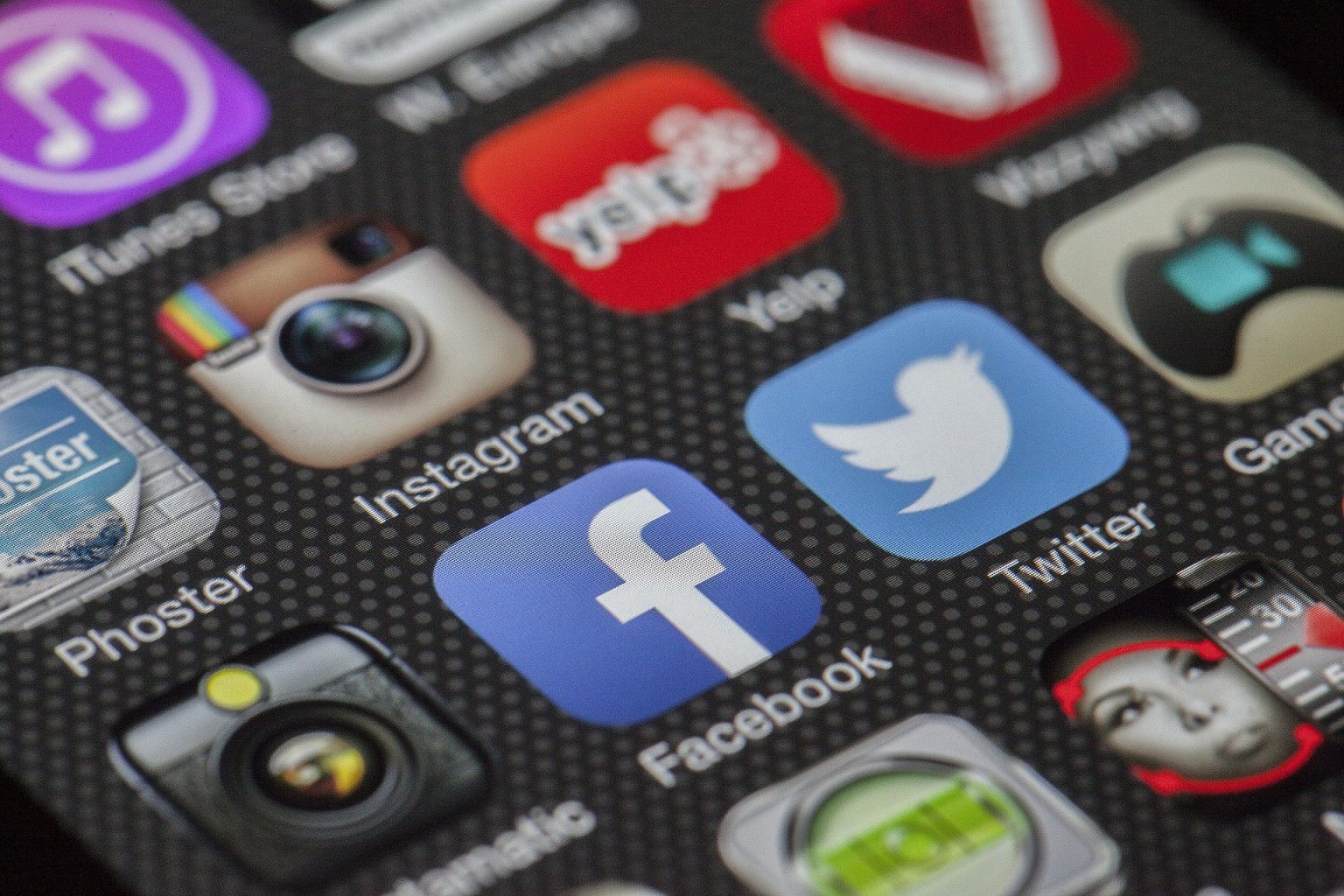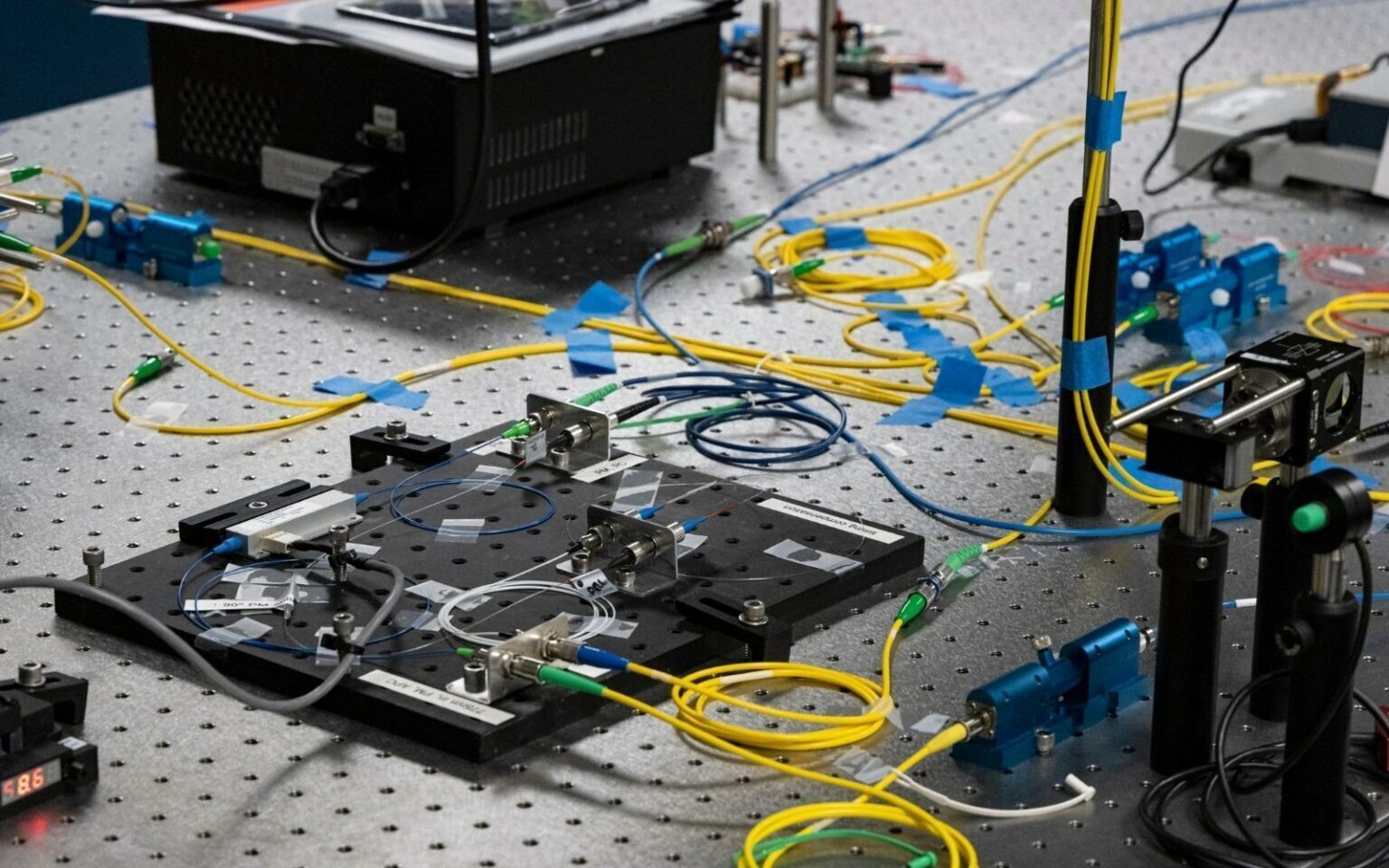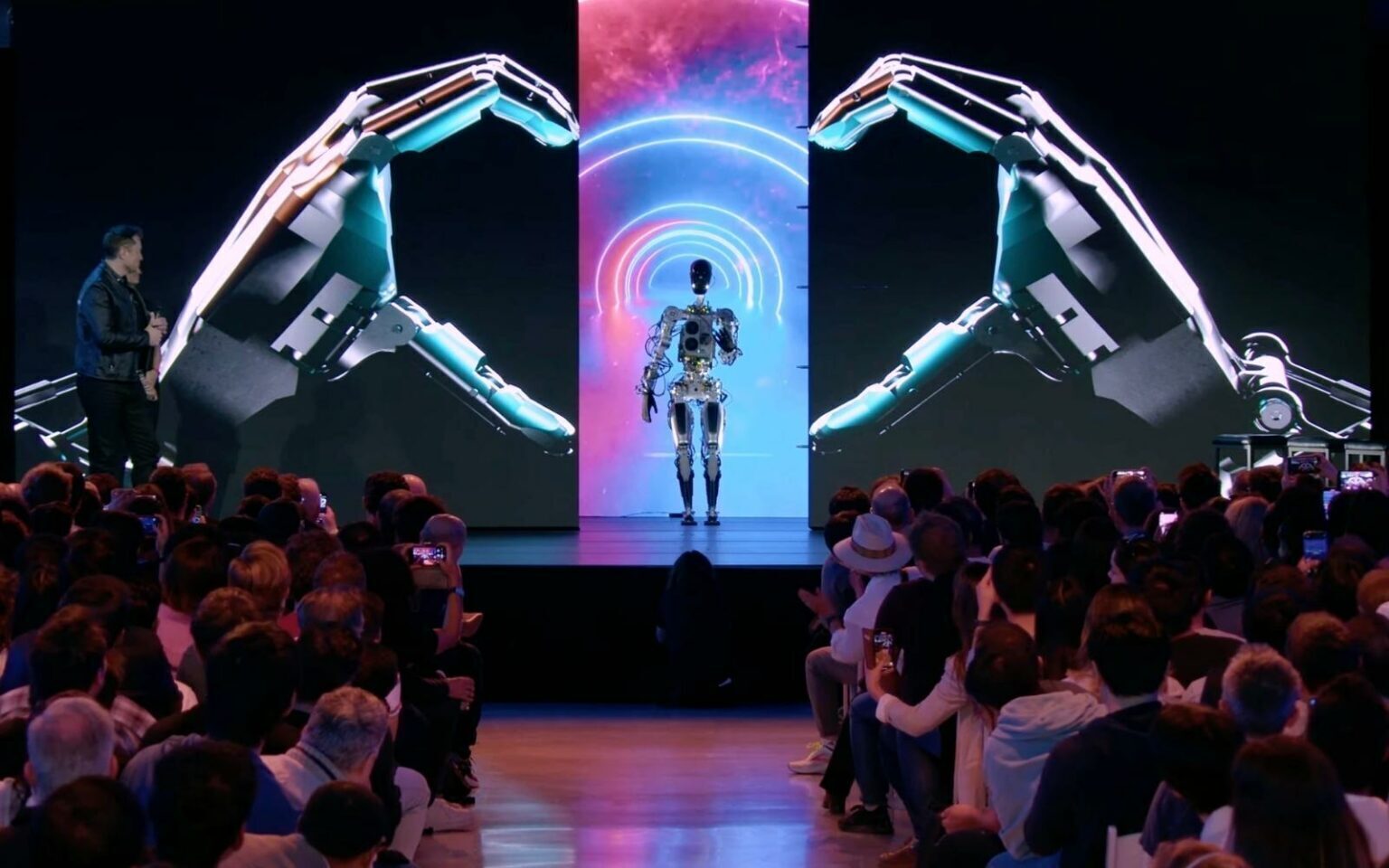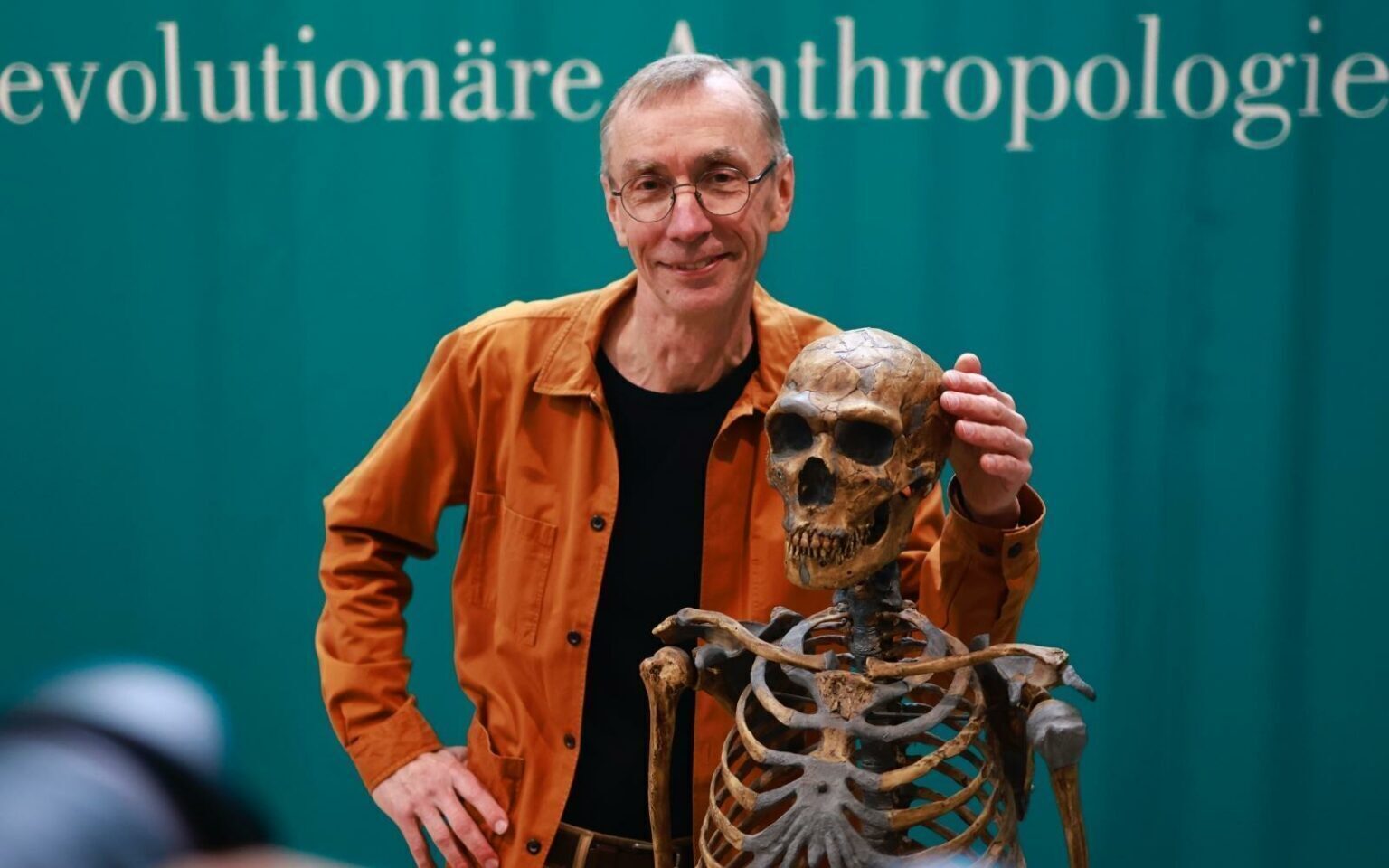We often hear about the negative impacts of social media on our wellbeing, but we don’t usually think of it the other way round – whereby how we feel may impact how we use social media. In a recent study, my colleagues and I investigated the relationship between social media use and wellbeing in more than 7,000 adults across four years, using survey responses from the longitudinal New Zealand Attitudes and Values Study. We found social media use and wellbeing impact each other. Poorer wellbeing – specifically higher psychological distress and lower life satisfaction – predicted higher social media use one year…
Author: The Conversation
In July, a puzzling new image of a distant extreme star system surrounded by surreal concentric geometric rungs had even astronomers scratching their heads. The picture, which looks like a kind of “cosmic thumbprint”, came from the James Webb Space Telescope, NASA’s newest flagship observatory. The internet immediately lit up with theories and speculation. Some on the wild fringe even claimed it as evidence for “alien megastructures” of unknown origin. Luckily, our team at the University of Sydney had already been studying this very star, known as WR140, for more than 20 years – so we were in prime position…
On September 26, after a nine-month journey through the Solar System, NASA’s Double Asteroid Redirection Test (DART) mission impacted an asteroid called Dimorphos. NASA scored a bullseye, with DART – roughly the size of a vending machine – hitting Dimorphos within 10% of the 160-metre asteroid’s centre. The hit changed the orbit of Dimorphos around its bigger companion asteroid Didymos by more than 30 minutes, far exceeding the original goal. This is the first time humans have deliberately changed the motion of a significant Solar System object. The test shows it’s plausible to protect Earth from asteroid impacts using similar future missions, if…
Looking up at the moon in the night sky, you would never imagine that it is slowly moving away from Earth. But we know otherwise. In 1969, NASA’s Apollo missions installed reflective panels on the moon. These have shown that the moon is currently moving 3.8 cm away from the Earth every year. If we take the moon’s current rate of recession and project it back in time, we end up with a collision between the Earth and moon around 1.5 billion years ago. However, the moon was formed around 4.5 billion years ago, meaning that the current recession rate is a poor…
Unhackable communications devices, high-precision GPS and high-resolution medical imaging all have something in common. These technologies – some under development and some already on the market all rely on the non-intuitive quantum phenomenon of entanglement. Two quantum particles, like pairs of atoms or photons, can become entangled. That means a property of one particle is linked to a property of the other, and a change to one particle instantly affects the other particle, regardless of how far apart they are. This correlation is a key resource in quantum information technologies. For the most part, quantum entanglement is still a subject of…
Over the Thanksgiving travel period an estimated 30 million Americans plan to fly to enjoy turkey and all the trimmings with far-flung family and friends. The huge increase in air travelers and ever more full – and oversold – flights have made air travel more trying. But it has gotten better in one aspect that most of us in the smartphone-addicted public appreciate: Cellphone use is no longer completely forbidden on planes. We used to have to turn our phones off and store them when we flew commercially, but now can keep them on as long as they are in Airplane Mode. Why? What’s changed? Weren’t…
In August 2021, Tesla CEO Elon Musk announced the electric car manufacturer was planning to get into the robot business. In a presentation accompanied by a human dressed as a robot, Musk said work was beginning on a “friendly” humanoid robot to “navigate through a world built for humans and eliminate dangerous, repetitive and boring tasks”. Musk has now unveiled a prototype of the robot, called Optimus, which he hopes to mass-produce and sell for less than US$20,000 (A$31,000). pic.twitter.com/EzxImHtqBP — Tesla (@Tesla) October 1, 2022 At the unveiling, the robot walked on a flat surface and waved to the crowd, and was shown…
The Nobel prize in physiology or medicine for 2022 has been awarded to Svante Pääbo from the Max Planck Institute for Evolutionary Anthropology in Leipzig, Germany, “for his discoveries concerning the genomes of extinct hominins and human evolution”. In other words, Pääbo has been awarded the prestigious prize for having sequenced the genomes of our extinct relatives, the Neanderthals and Denisovans, and for the fact that these discoveries have resulted in novel insights into human evolution. BREAKING NEWS: The 2022 #NobelPrize in Physiology or Medicine has been awarded to Svante Pääbo “for his discoveries concerning the genomes of extinct hominins and human…
People consider creativity to be inherently human. However, artificial intelligence (AI) has reached the stage where it can be creative as well. A recent competition attracted anger from artists after it awarded a prize to an artwork created by an AI model known as Midjourney. And such software is now freely available thanks to the release of a similar model called Stable Diffusion, which is the most efficient of its kind to date. Unions of creative practitioners such as Stop AI Stealing the Show have for some time been raising concerns about the use of AI in creative fields. But could AI actually replace human artists?…
Sixty six million years ago, sea monsters really existed. They were mosasaurs, huge marine lizards that lived at the same time as the last dinosaurs. Growing up to 12 metres long, mosasaurs looked like a Komodo dragon with flippers and a shark-like tail. They were also wildly diverse, evolving dozens of species that filled different niches. Some ate fish and squid, some ate shellfish or ammonites. Now we’ve found a new mosasaur preying on large marine animals, including other mosasaurs. The new species, Thalassotitan atrox, was dug up in the Oulad Abdoun Basin of Khouribga Province, an hour outside Casablanca in Morocco. At the end…










